Council, Community Consider Rail Issues - 1938 Style
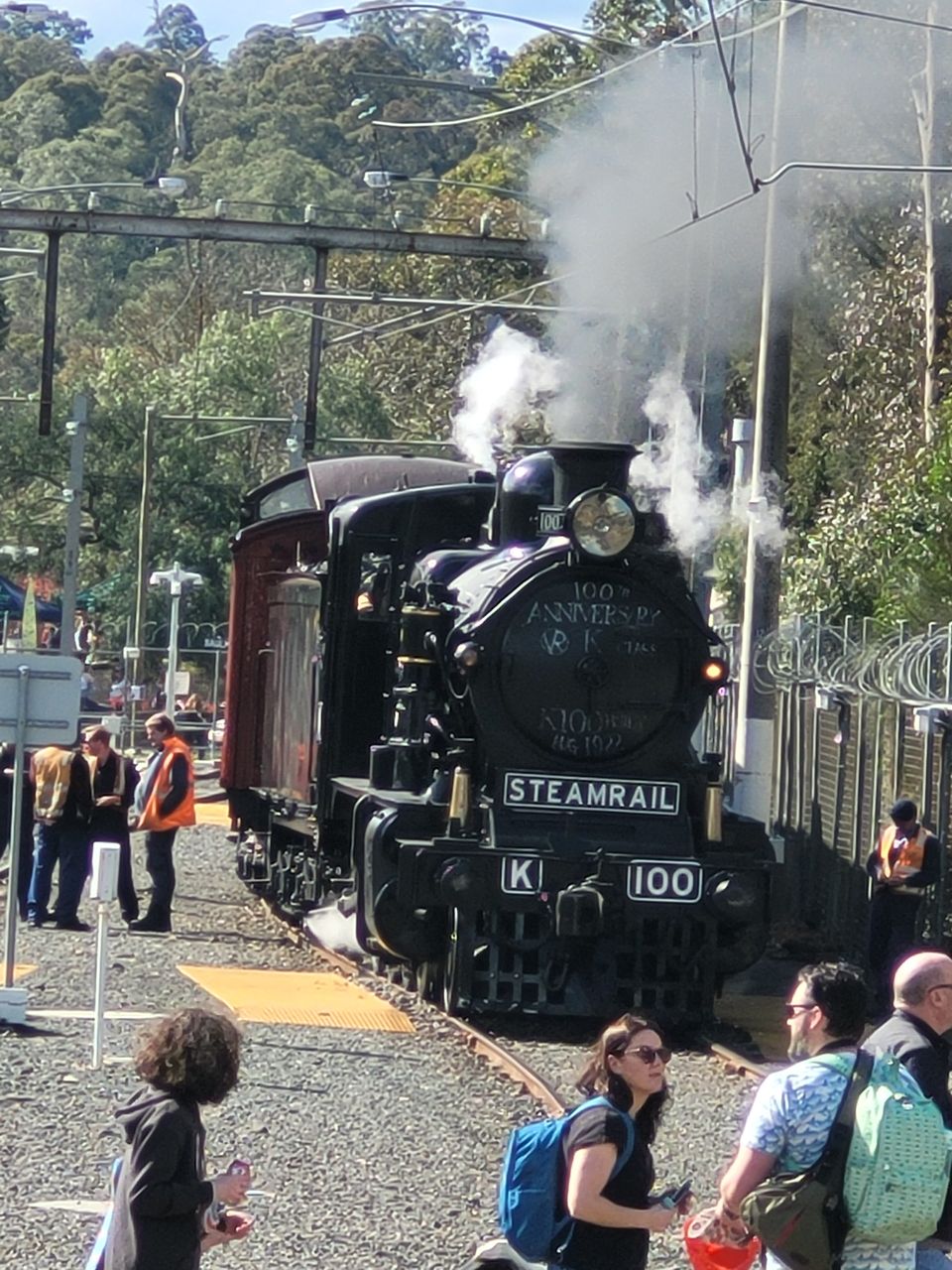
Over in our European Bureau Nilss of Innsbruck has foresaken some of that Von Trapp family sunshine-frolicking among the edelweiss to fulfill dour reporting duties.
"The Age, 27.01.1938, Page 18
STATION PAST HEIDELBERG.
Not Warranted by Traffic.
Advice that the Railway Commissioners did not consider there would be sufficient traffic to warrant the building of a railway station between Heidelberg and Rosanna at or near Brown-street, unless the residents were prepared to provide the station and guarantee the Commissioners against loss for five years, was received by the Heidelberg council on Tuesday night.
On the motion of Cr. Clinton, the council decided to ask the commissioners for an estimate of the cost of a station and what the guarantee required would be.
Cr. Field said he thought some ratepayer should make the inquiry. The council might be putting itself in the position of giving moral support.
Cr. Ibbott said that no station had been erected within the city during her residence unless the people had collected a sum of money first.
The council also agreed, on the motion of Cr. Jessop, to thank the Railway Commissioners for the improvements recently carried out at the Watsonia station, where electric lighting has been installed, and also to commend the efforts of the station master to establish a garden there."
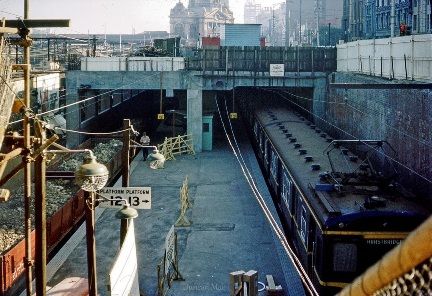
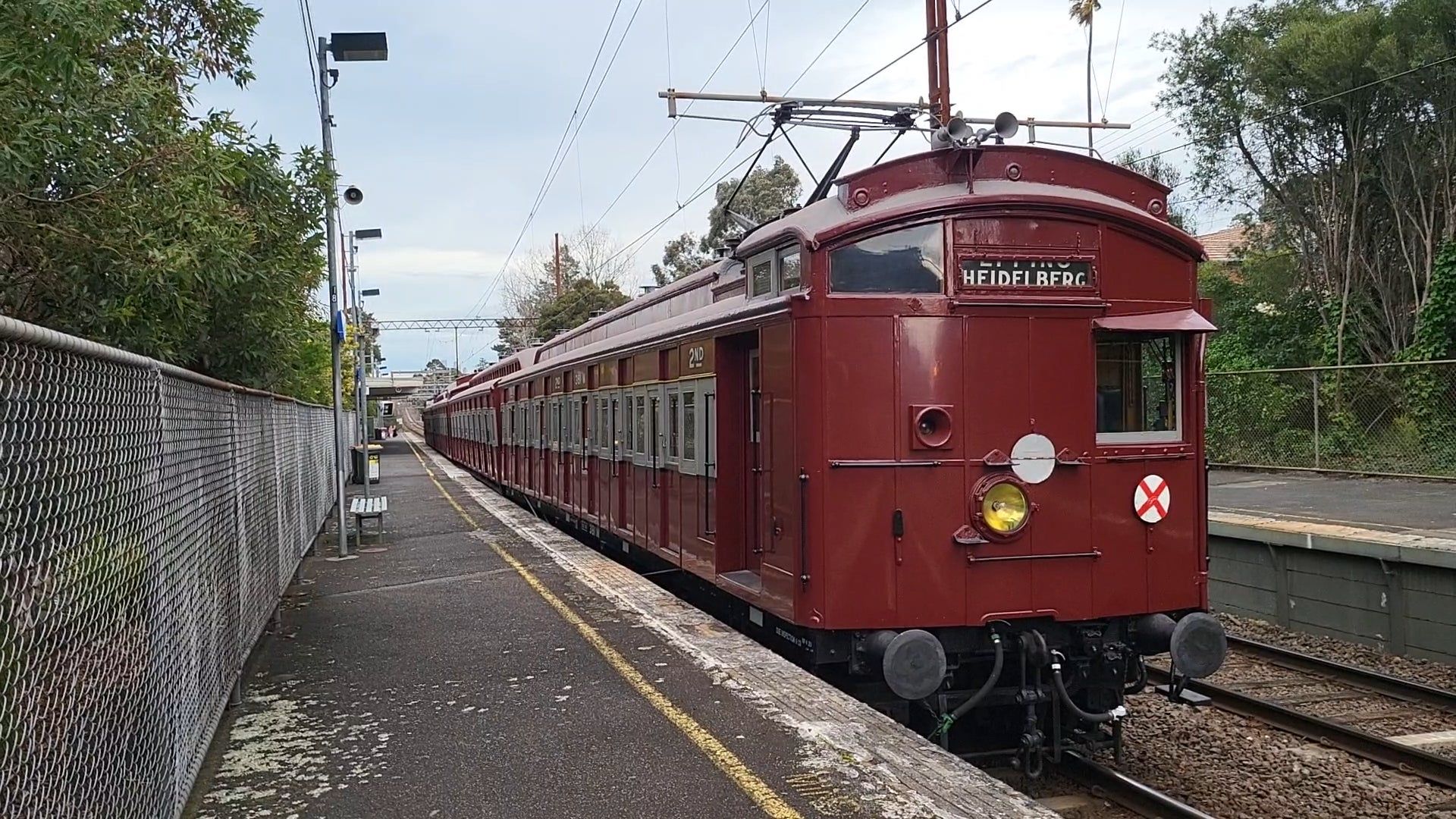
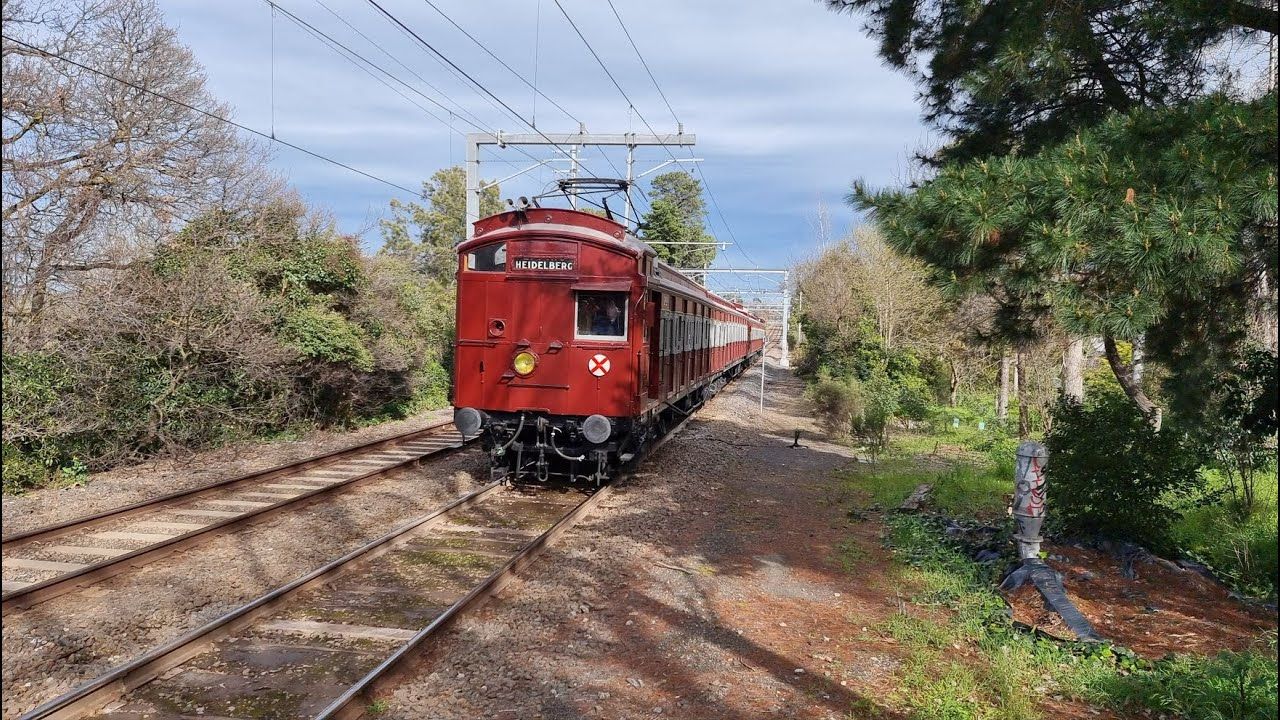
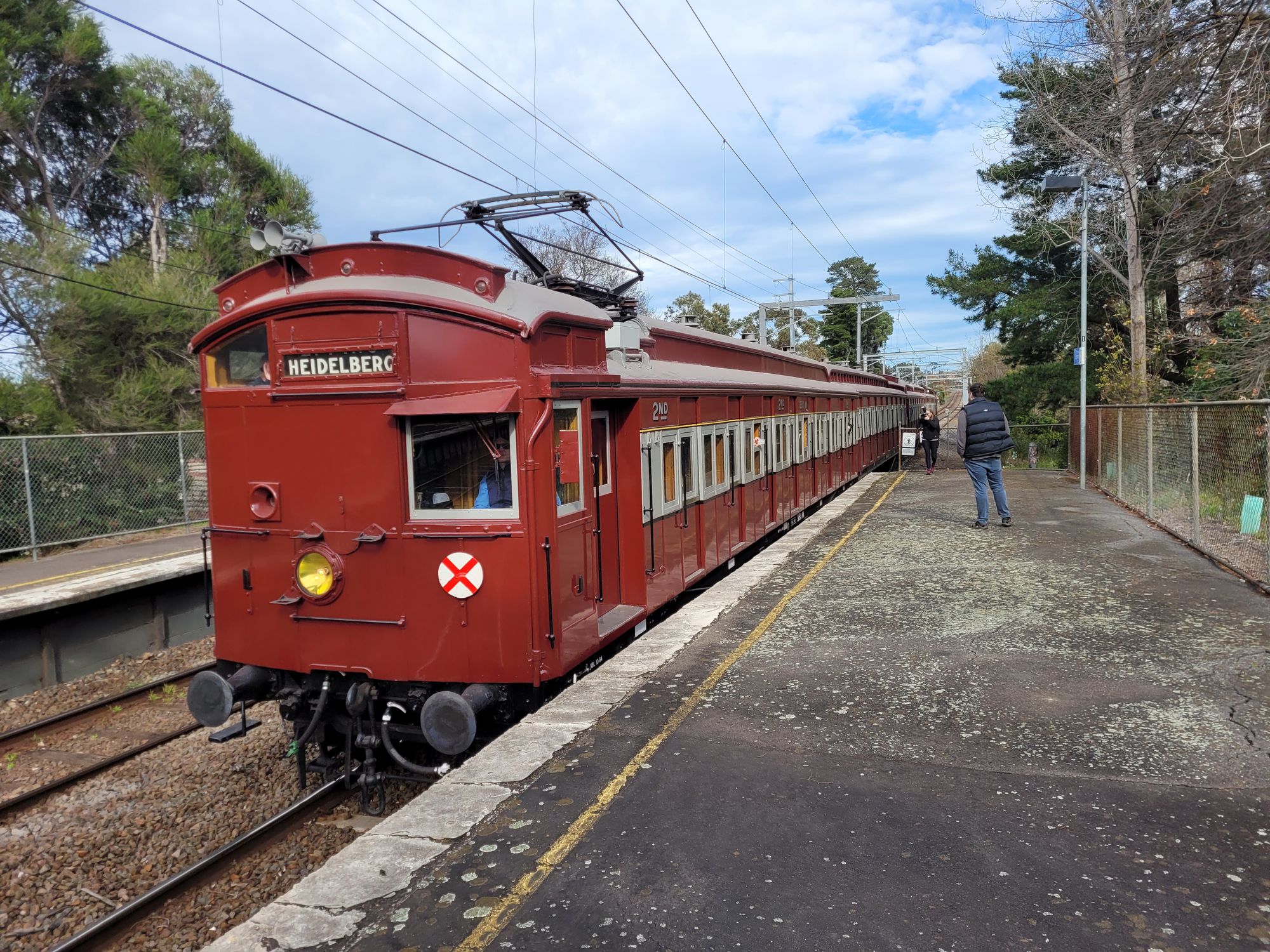
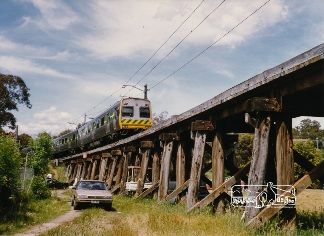
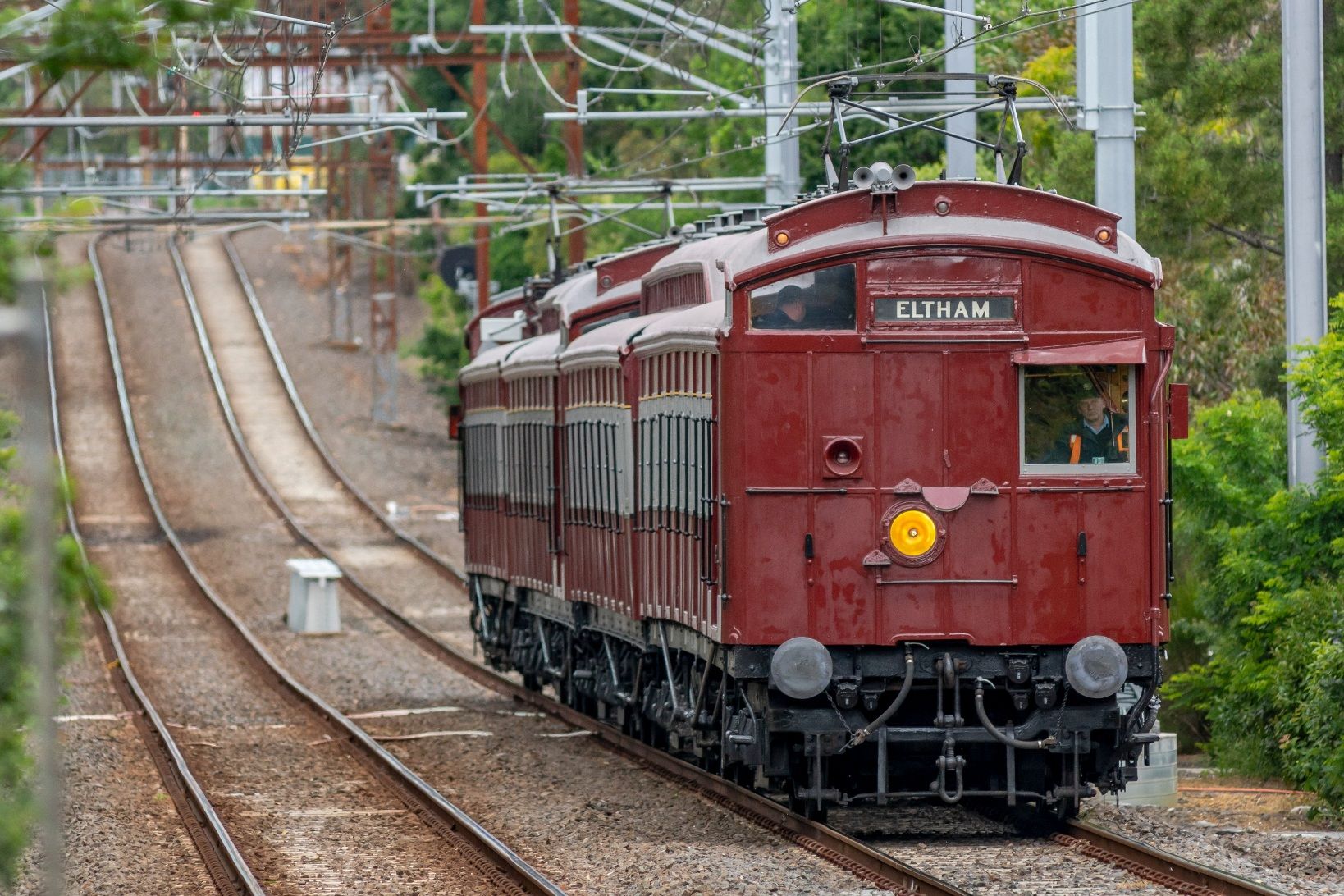

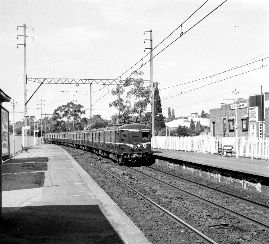
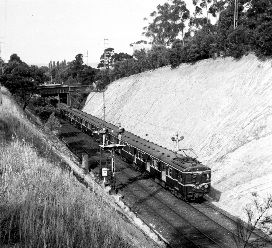
What a different atmosphere this article depicts.
The local Council debating matters pertaining to the railways, interacting civilly with them.
This initiative to create a " Brown Street" station would mimic what happened at Darebin (1922) and at Eaglemont (1925).
It might seem a bit profligate in 2023 but look at the 1938 situation closer in to the city - Jolimont, West Richmond, North Richmond, Collingwood, Victoria Park, Clifton Hill.
Six stations in about 3 km.
One would think it was advantageous for the Council itself to invest in the additional station at Brown Street to boost real estate sales, and hence rate income.
These days if Councils leased the unstaffed railway stations it would be the cheapest mechanism to adding public toilets and modest community meeting spaces to its stocks.
It would seem the State budget could do with a bit of extra income from under-utilised facilities.
Member discussion